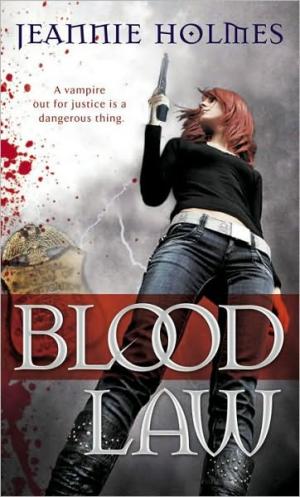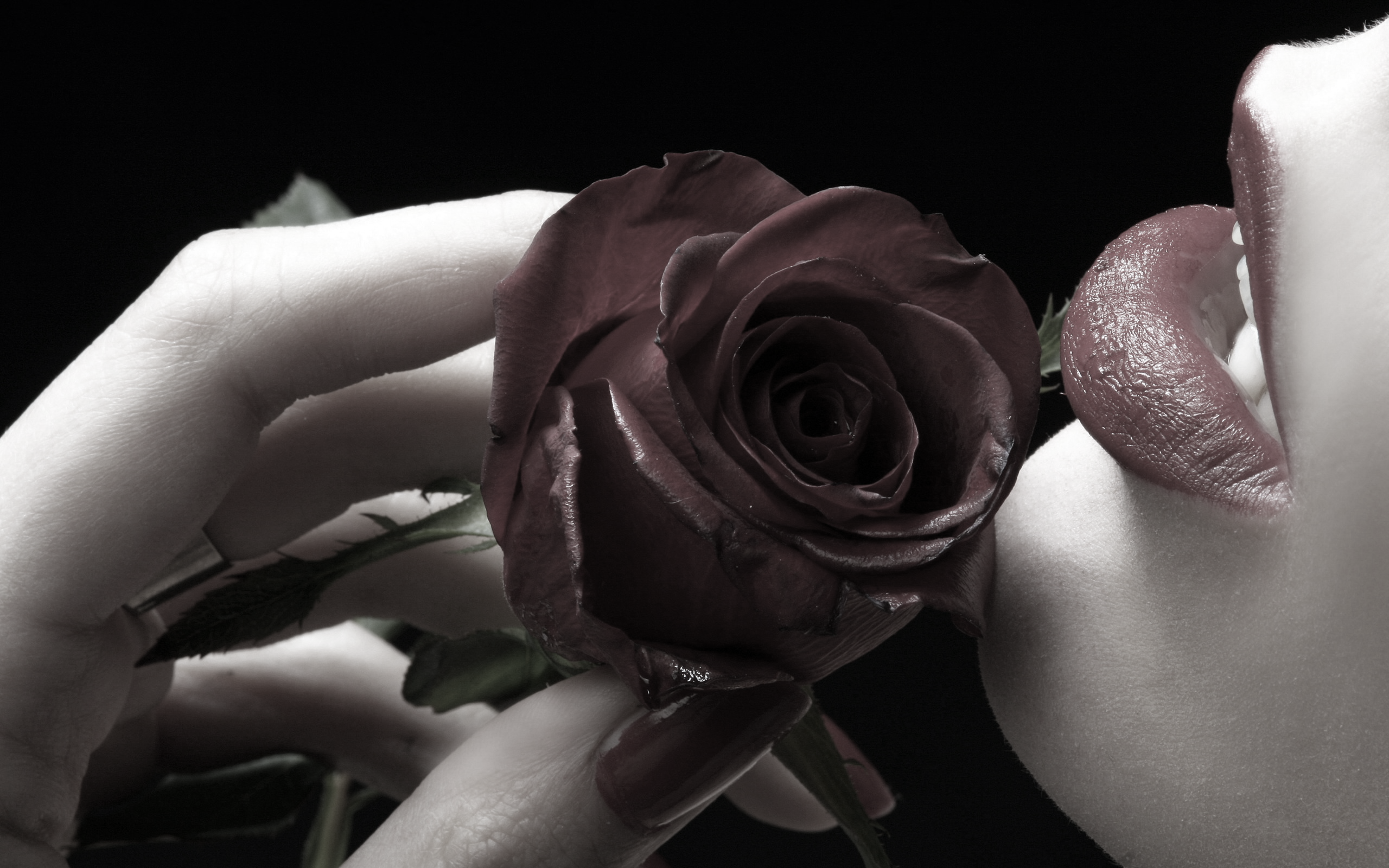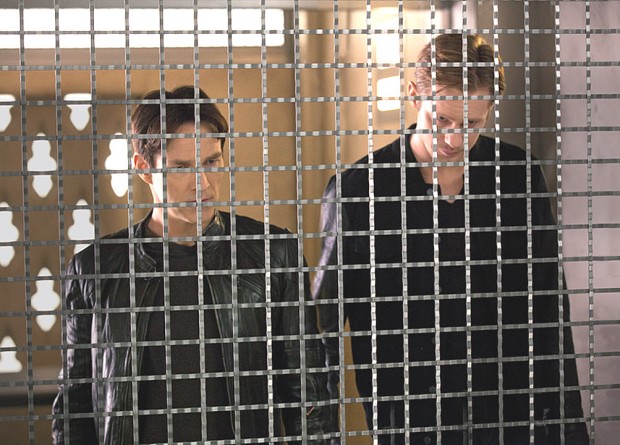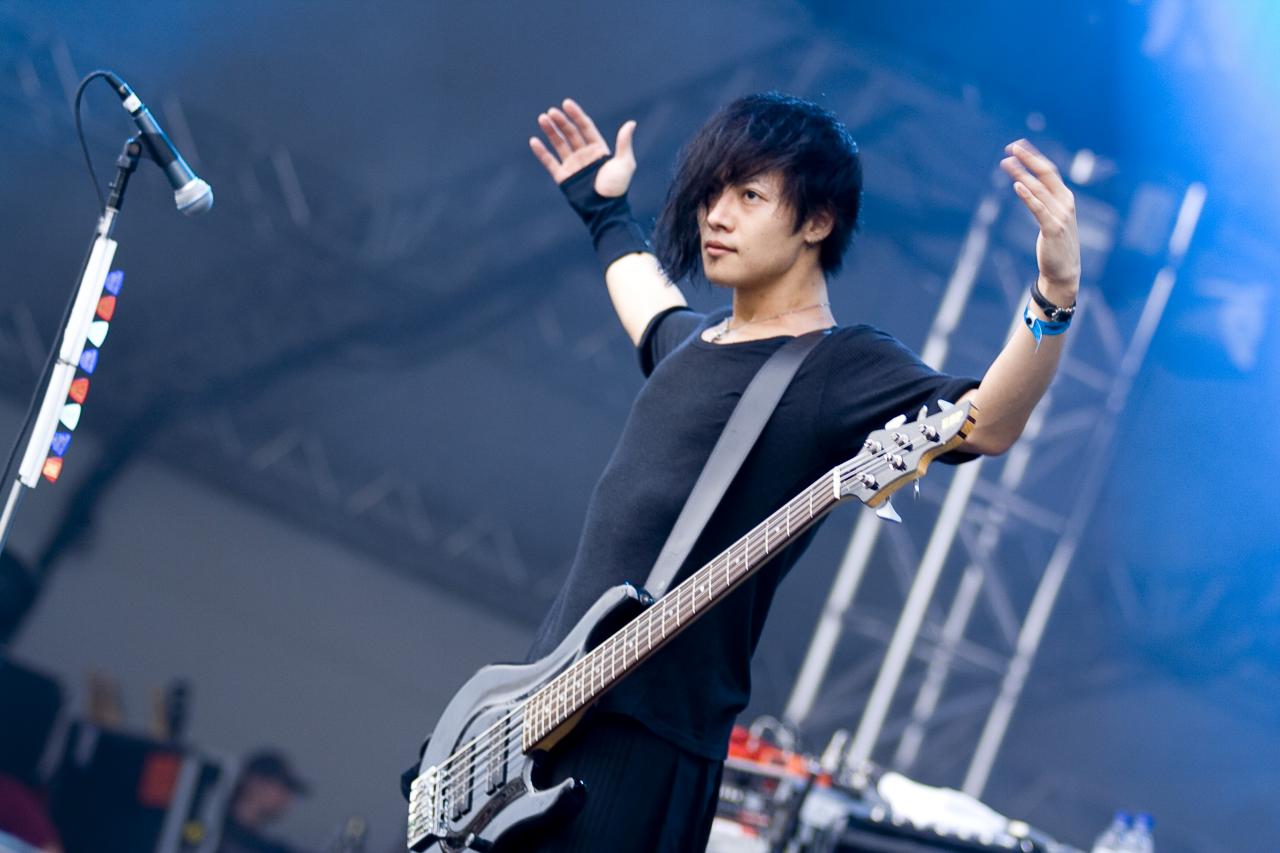DarkMedia Interviews Jeannie Holmes:
Jeannie Holmes is the author of the Alexandra Sabian series, and fears spiders, large bodies of water, and bad weather. She moved from the backwoods of southwestern Mississippi to the Alabama Gulf Coast where she now lives with her husband and four neurotic cats.
She enjoys art, exploring old cemeteries, traveling, and when she isn’t writing or has her nose stuck in a book, she spends her time searching for a really good cup of coffee.[1]
What makes Mississippi the perfect place for your vampire stories?
The main reason I decided use Mississippi as the setting for my books is because it’s my home state, and I think the state has a lot of untapped potential for the supernatural. When most people hear the word “vampire” they automatically think of grand European castles or large metropolitan areas like New York, New Orleans, and Los Angeles. It’s easy to imagine the weird guy who moved in the apartment at the end of the hall last weekend is a vampire. Not everyone will think of a vampire as being the soccer mom who’s lived next door to them for twenty years. Plus, I grew up in a rural area. It’s very easy to imagine there’s something supernatural in the world when you’re outside at night. The crickets are chirping, and maybe you hear a whippoorwill or an owl in the distance, and then everything stops. You’re surrounded by absolute silence, and all you can hear is your own heartbeat. You’ll swear you feel like you’re being watched. Your mind starts racing, and every instinct you have is screaming, “Run!” And then, like you were in a bubble and it just burst, the sound is back. The crickets are back. The whippoorwill calls, and another answers. You don’t have that kind of magic in the city, and that’s what I wanted to tap into with my vampires.
 Do you see the human/vampire tensions in your novels as a metaphor for other kinds of struggle?
Do you see the human/vampire tensions in your novels as a metaphor for other kinds of struggle?
In some ways, yes, I do. The South has a long history of struggling with the discrimination, whether it’s racial, religious, sexual orientation or something else entirely. As someone who has lived most of her life in this region, I can’t ignore that history or that fact it’s an on-going process of change. However, it’s not limited to the South. It’s a national, even a global, issue, and while I think society, as a whole, has come a long way, we still have a long way to go.
What do you think makes a good story?
I think the best stories are stories of characters. Characters create conflict both within themselves and with each other, and conflict drives the story. You can’t have a story without conflict and you can’t have conflict without characters that readers can identify with and either cheer for or against.
Was having a female protagonist important to you?
For the vampire series, yes, it was important because it’s Alex’s story. Ultimately the series is about her and her struggle to find out who she is both professionally and personally. Would I write a book with a male protagonist? Absolutely.
What’s your favorite book to give as a gift and why?
I think any book makes a great gift, but my all time favorite is Mary Shelley’s Frankenstein. I love that book. It’s a classic, and it speaks to the arguments of nature versus nurture, good versus evil, and what it means to be human.
What are you reading right now?
Right now I’m reading Clockwork Angel by Cassandra Clare. I’m actually almost finished with it and am looking forward to starting the new Sookie Stackhouse book.
How did you make Varik a realistic love interest? Is romance more difficult to write than horror?
Varik is an interesting character for me because I originally planned a much smaller role for him. Once I started writing Blood Law, he really came alive on the page, and the best way to describe the character I have in my head is Pepe Le Pew with fangs and a badge. When that image solidified in my imagination, it was then a matter of having Varik respond in ways I thought were appropriate, deciding when he should the flirty, fun guy and when to be the overbearing alpha male, and trying to strike a balance between them. Making Varik a realistic love interest wasn’t easy but it certainly helps that I made Alex a strong female lead who can stand up to him, if not get the best of him.
Reader expectations are so different with romance and horror that I don’t think either one is any more difficult than the other. Both have their challenges and rewards, and I enjoy writing and reading both. Finding the right balance between them within one story is the truly difficult part, and that goes back to reader expectations. As a writer, I want to satisfy as many of them as possible but I also have to leave room for future developments as characters grow.
 Did you find Blood Secrets easier or more difficult to write than Blood Law, your first book, and what, for you, makes a good sequel?
Did you find Blood Secrets easier or more difficult to write than Blood Law, your first book, and what, for you, makes a good sequel?
In many ways, Blood Secrets was both. I’d learned so much from writing and rewriting Blood Law that knowing I could write a 300+ page book because I’d done it before made it easier. On the other hand, it was more difficult because the pressure to deliver a book that’s better than the first was huge. However, I think that pressure to write a book that surpasses the first is what makes a good sequel. You want readers to say, “Wow—what’s next?” and keep reading. A good sequel should build off the events of the previous book to continue the characters’ growth, but also be accessible to new readers. Not everyone comes to a series with the first book so the story has to be complete and not leave readers scratching their heads and wondering what they missed.
You’ve got a number of book signings planned for the summer. Do you enjoy meeting your fans and what’s the best experience you’ve had so far?
I love meeting readers in person and talking to them online! When you spend a year or more working on a single project, it’s nice to hear that others enjoy it. Plus, I’m a reader and love to talk to others about books, not just my own, and I pick up a lot of suggestions for my ever-expanding to-be-read pile from readers. I’ve had so many great experiences that it’s hard to pick just one. My best experience so far has to been when I attended a writers’ conference in New York last year and met an author whom I greatly admire. During the course of our conversation, he told me that he’d read Blood Law, loved it, and was looking forward to Blood Secrets. Stunned doesn’t cover the emotion I felt at that moment. Not only was I actually talking to someone whose work I’ve read for years but to have him say he liked my work, which had been on the shelves for less than a week at that point, was definitely one of the top moments.
What, or who, is your greatest inspiration as an author? What about them inspires you?
My parents are my greatest inspiration. They raised six kids on a shoestring budget and were married for forty years. Unfortunately, my dad died when I was eighteen and my mom passed away a little over a year ago so neither was able to see me achieve my goal of being published. They encouraged me to be creative but taught me to work hard and be practical. Creativity is great but it needs a solid foundation to thrive and that’s what they gave me.
What advice would you give to aspiring authors? What’s the best, or worst, advice someone gave you?
My advice to aspiring authors: Never give up. There will plenty of people who will say, “No.” It’s your job to tell them “No” in return and keep pushing forward. If writing is what you really want to do, then don’t let anything or anyone stop you. Find a way to write as much and as often as you can. Research the business and don’t be afraid to ask questions.
The best advice I was ever given was from Kim Harrison. I was still in grad school at the time and asked to interview her for a class project. I asked what advice would she give to an aspiring author and her response was simple: “Write like you already have the contract.” Set a schedule. Set goals. Stick to them. Writing and publishing is a business. That doesn’t mean you can’t love what you do or have fun—you should love it and you should have fun—but it’s a business, a career, and you need to treat like one.
What are you working on right now, and how can your readers support you and your upcoming projects?
I’m working on a couple of new projects right now and getting ready for my summer tour in support of Blood Secrets. Books three and four of the Alexandra Sabian series are plotted and I’ll be returning to them soon. I also have a short story in an anthology that will be hitting shelves this fall. The best way for readers to support me and my upcoming projects is to simply buy the books. If you enjoy them, tell your friends. Buying books is the best way to show support for any author and make sure you’ll see more books from that author in the future.
Jeannie Holmes is currently featured on DarkMediaCity, a free social network for those who like it Dark. Whether it be literature or film, music or art, horror or sci-fi, paranormal romance or paranormal investigation, we’ve got something for you. www.DarkMediaCity.com
She can also be found on her website and on Twitter at @JeannieHolmes.
(All interviews are the exclusive property of DarkMedia, and may not be reproduced or shared without permission, excepting links to the interview.)


![West Forest [Short Fiction]](https://darkmediaonline.com/wp-content/uploads/2013/01/black-and-white-forest-wallpaper.jpg)













Comments are closed.